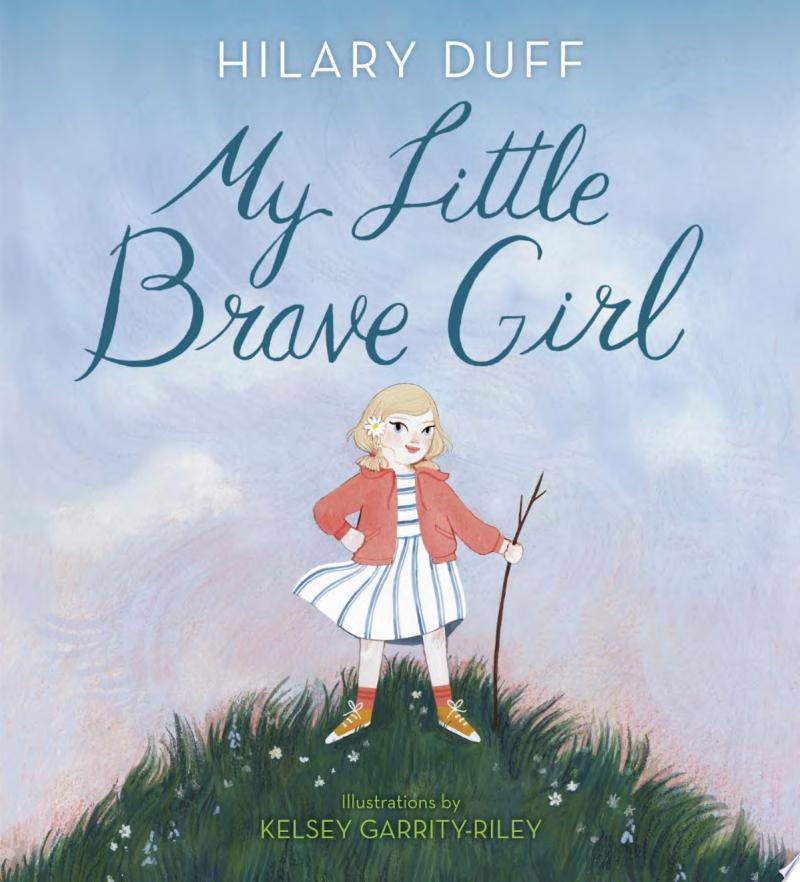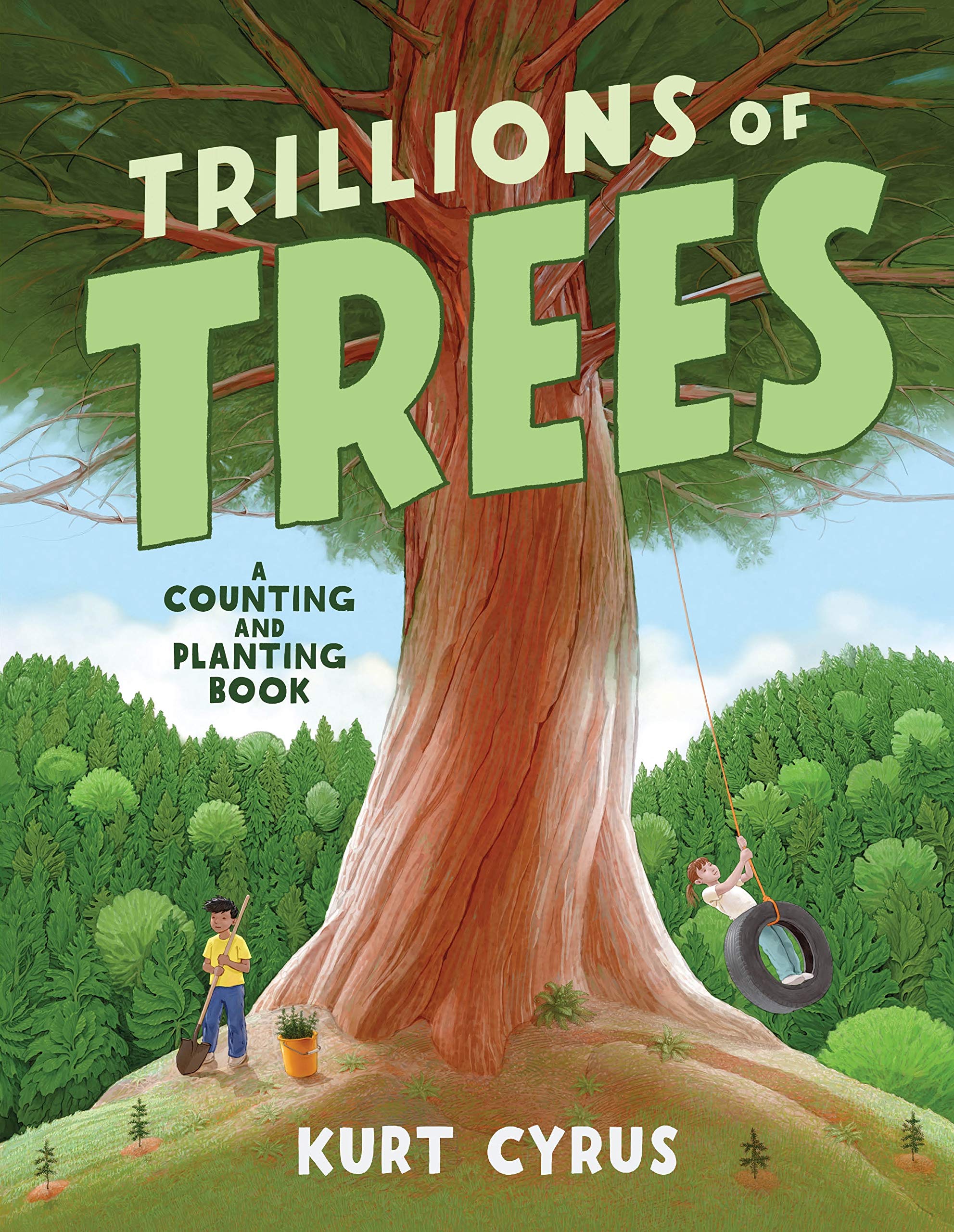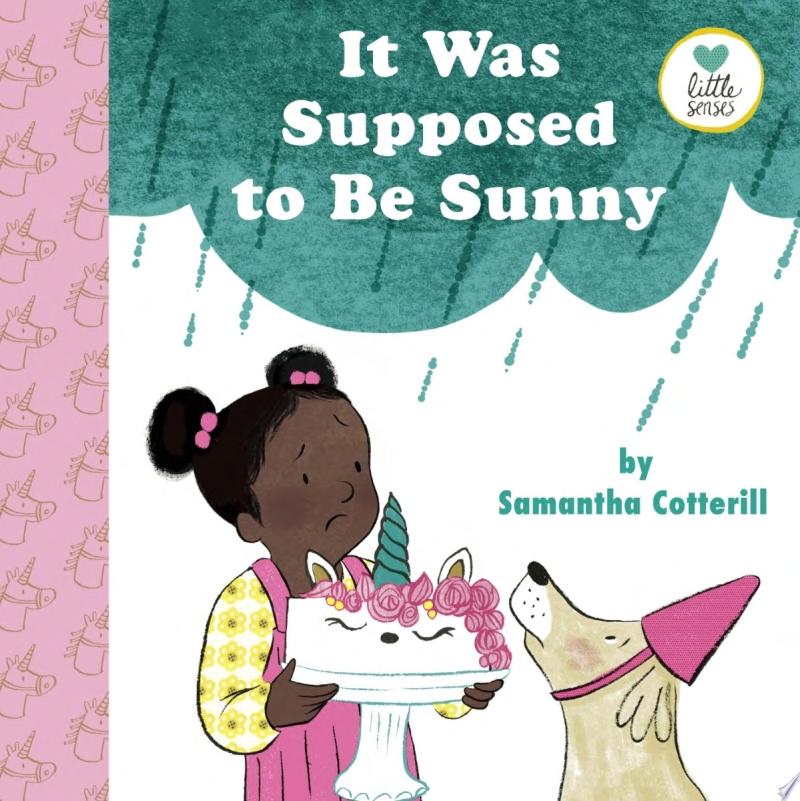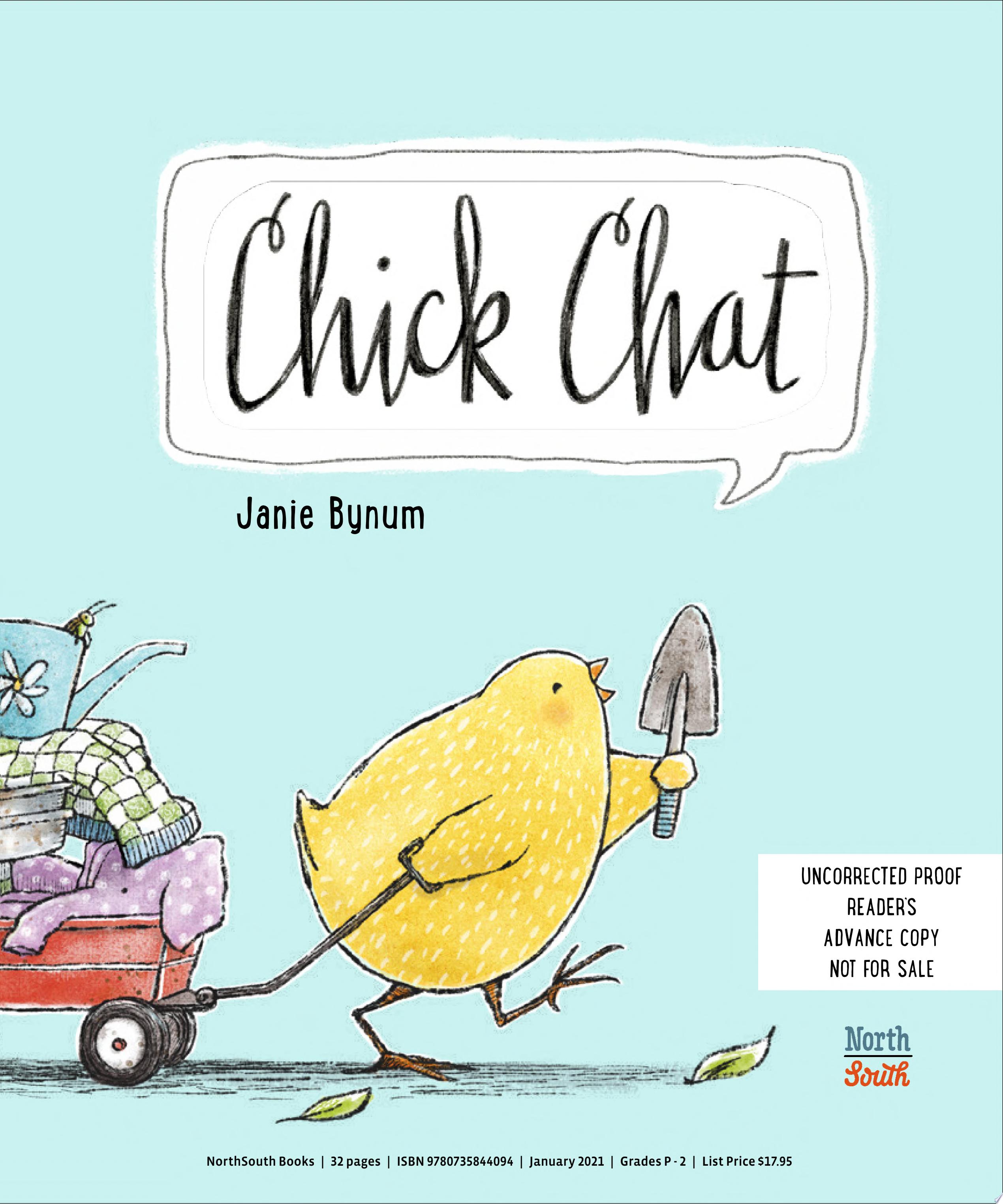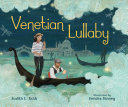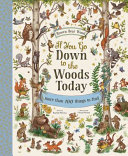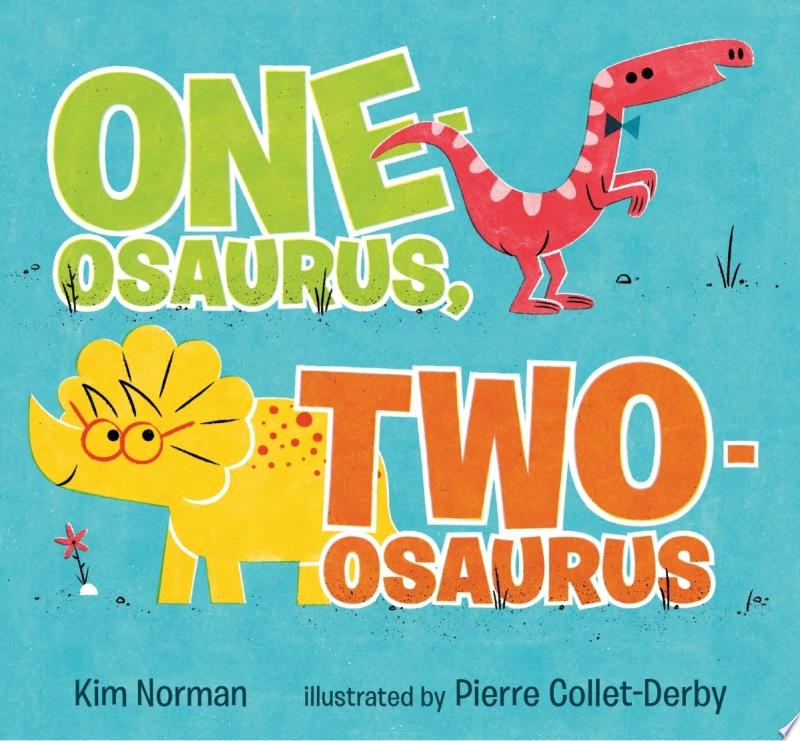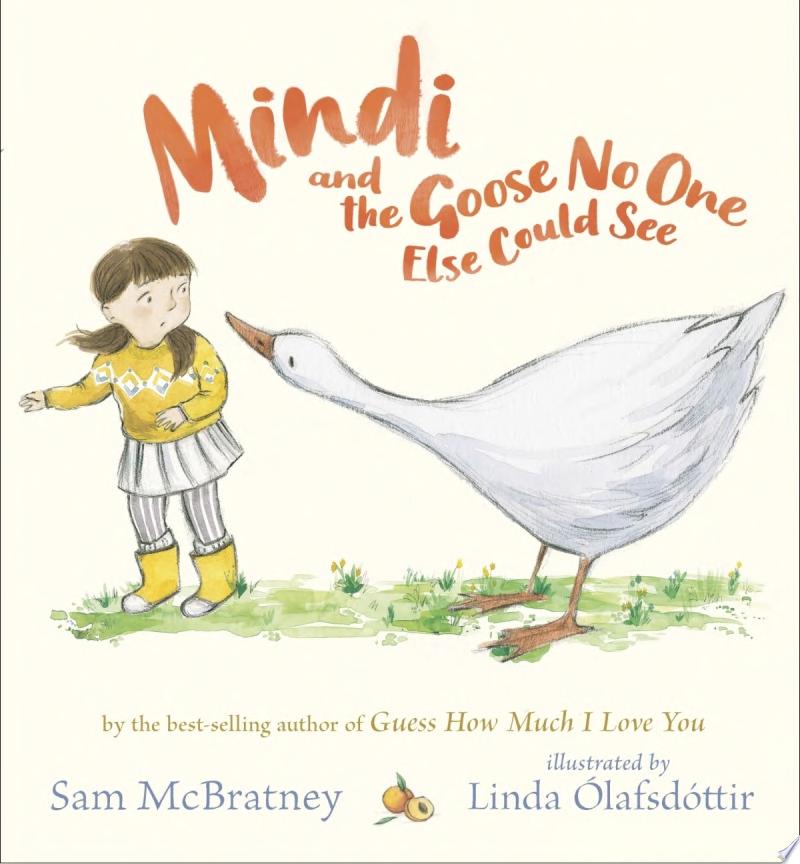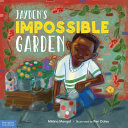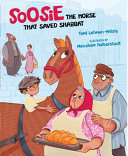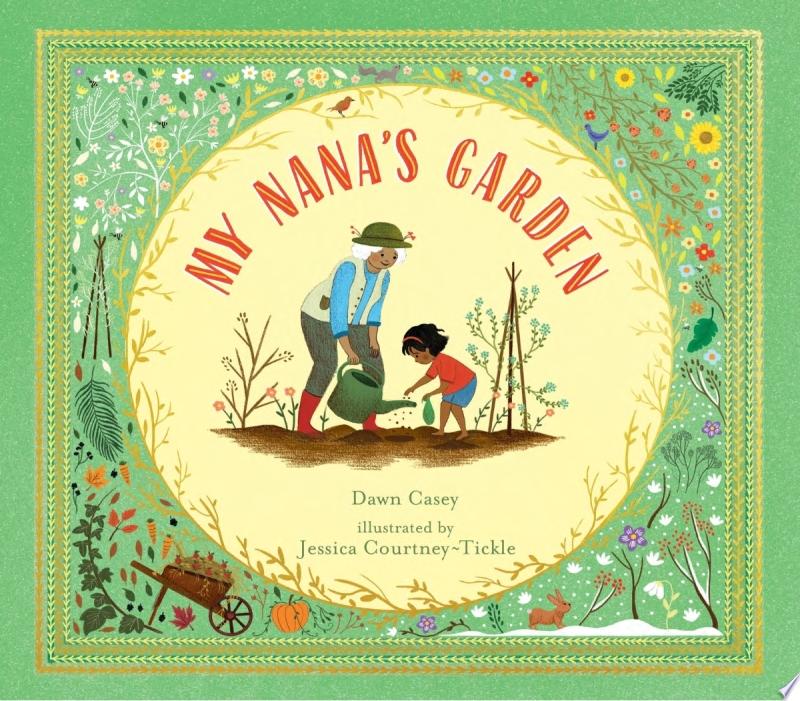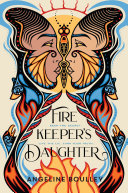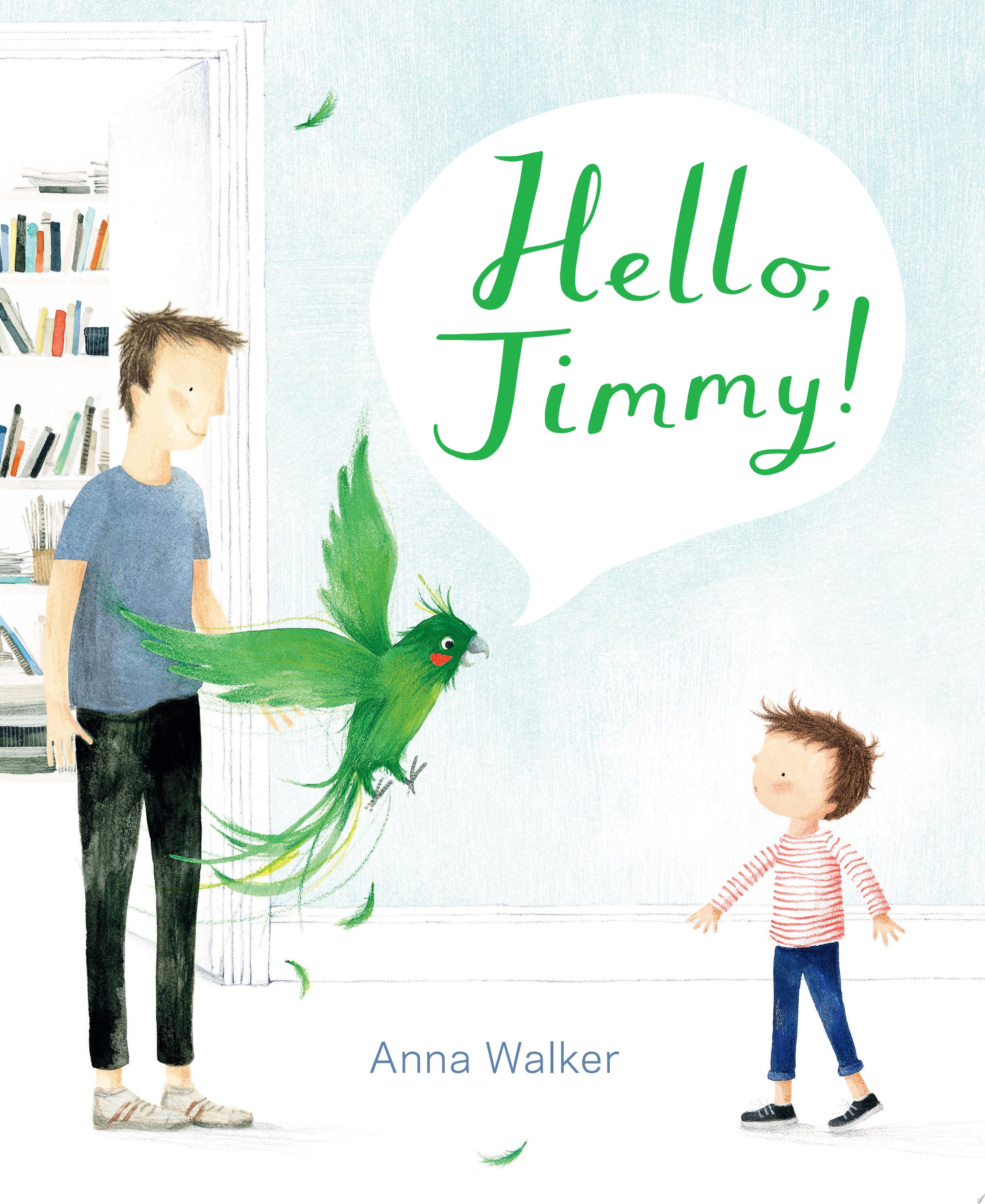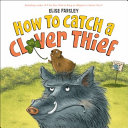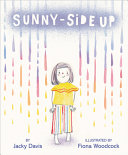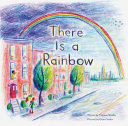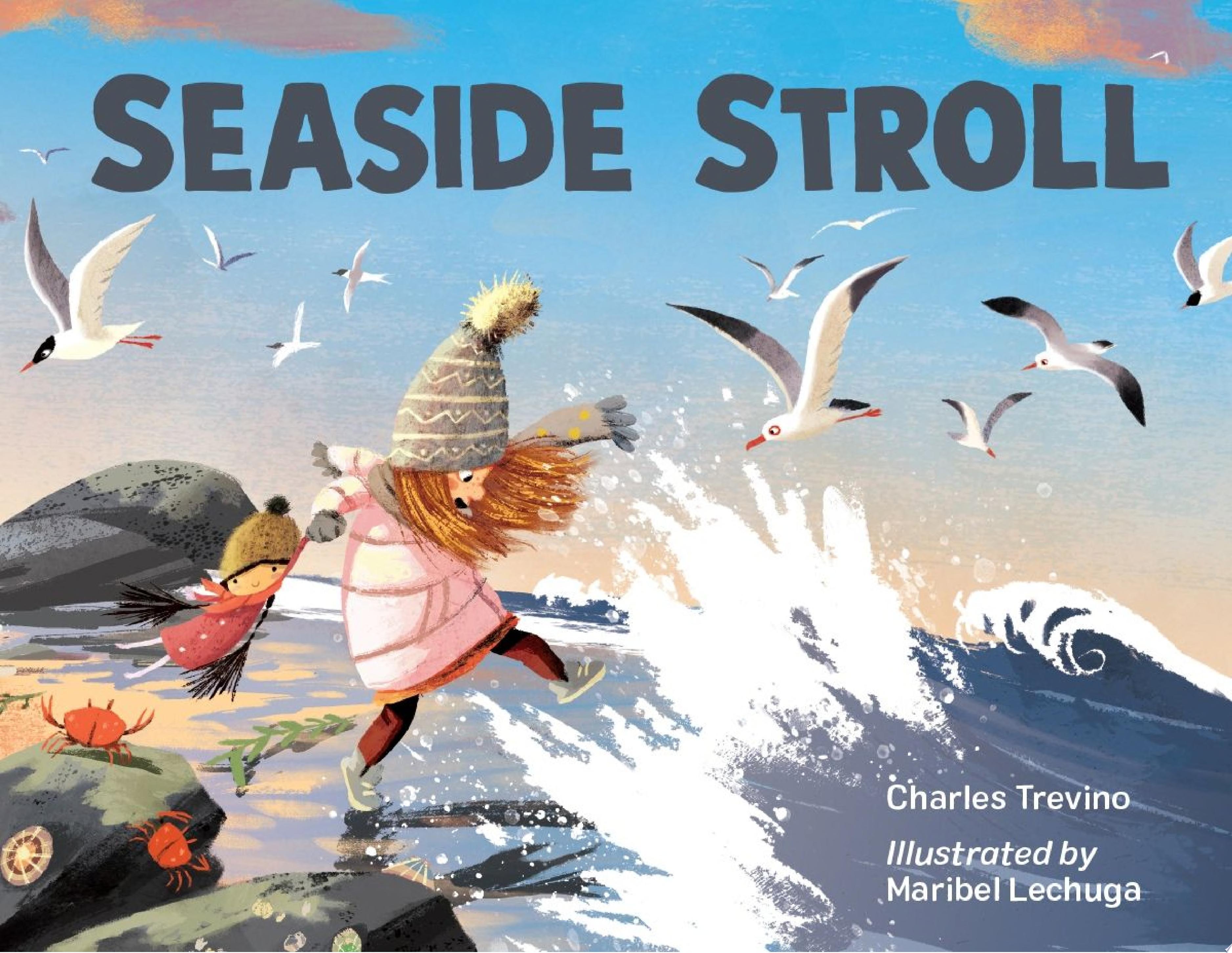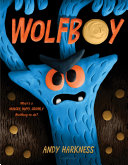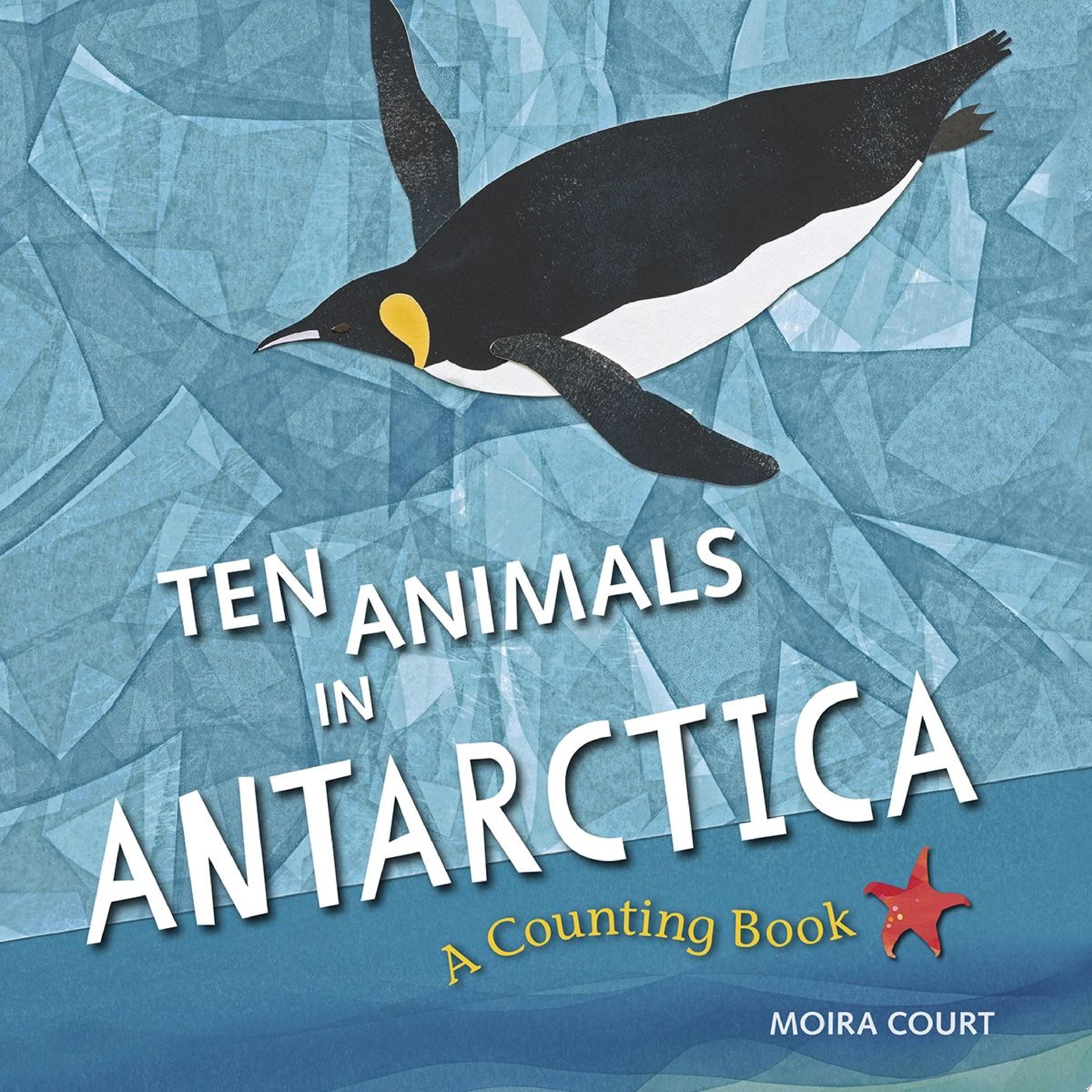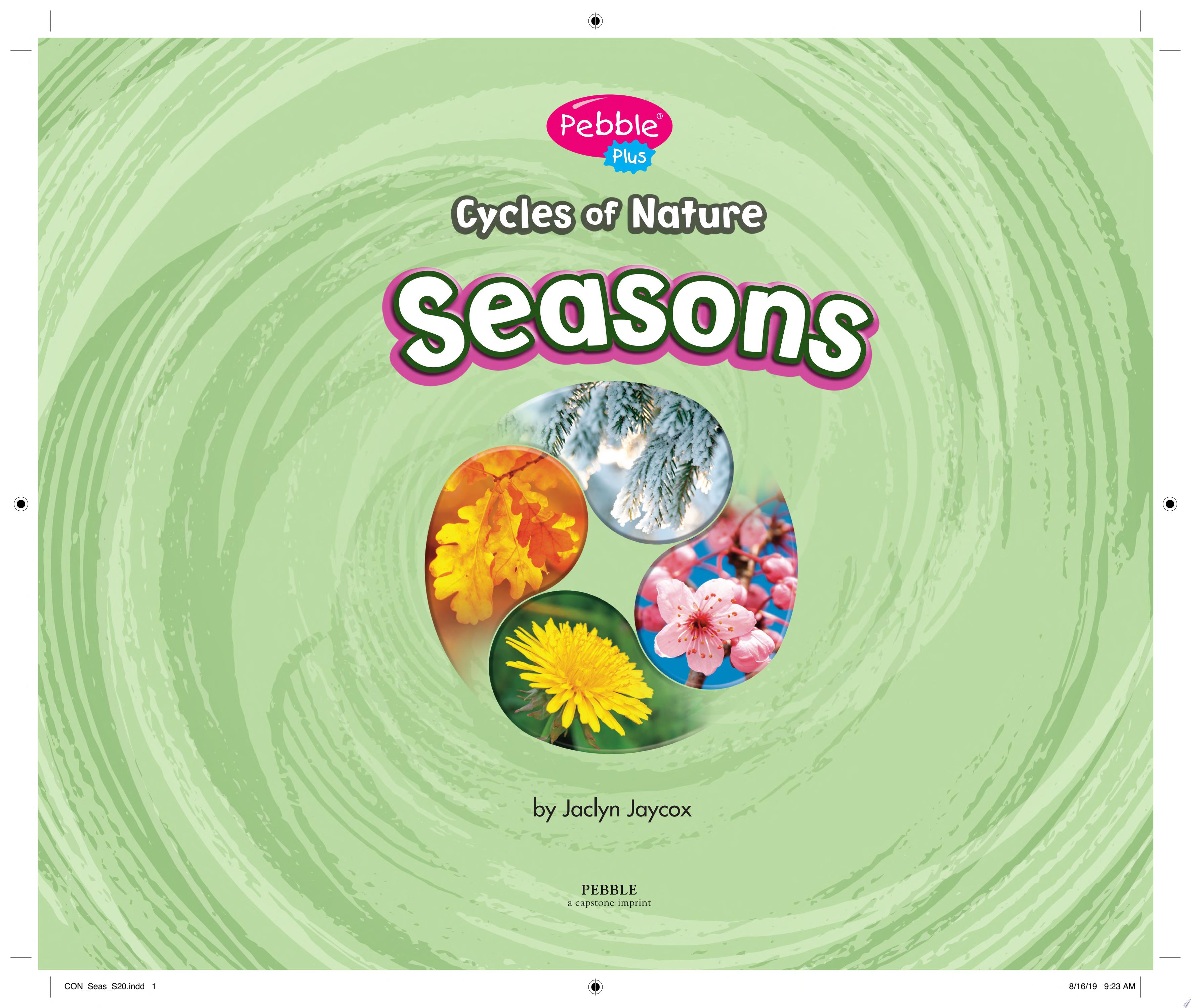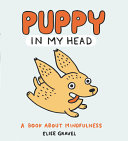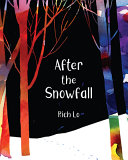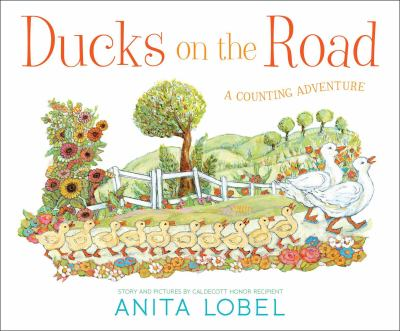“Red bird came all winter / firing up the landscape / as nothing else could.” So begins Mary Oliver’s twelfth book of poetry, and the image of that fiery bird stays with the reader, appearing in unexpected forms and guises until, in a postscript, he explains himself: “For truly the body needs / a song, a spirit, a soul. And no less, to make this work, / the soul has need of a body, / and I am both of the earth and I am of the inexplicable / beauty of heaven / where I fly so easily, so welcome, yes, / and this is why I have been sent, to teach this to your heart.”
This collection of sixty-one new poems, the most ever in a single volume of Oliver’s work, includes an entirely new direction in the poet’s work: a cycle of eleven linked love poems—a dazzling achievement. As in all of Mary Oliver’s work, the pages overflow with her keen observation of the natural world and her gratitude for its gifts, for the many people she has loved in her seventy years, as well as for her disobedient dog, Percy. But here, too, the poet’s attention turns with ferocity to the degradation of the Earth and the denigration of the peoples of the world by those who love power. Red Bird is unquestionably Mary Oliver’s most wide-ranging volume to date.
“Mary Oliver has done it again. She has assembled a collection of poems that is moving, intense and evocative in its engagement of the natural world. Yet this latest book by the Pulitzer Prize– and National Book Award–winner is distinctive among her 17 volumes for the dark undercurrent that runs through the poems . . . the hard lesson that this earth is fallen and fragile, now more than ever, and unless we learn to cherish the world, we will destroy it . . . The song Mary Oliver sings in Red Bird is the song she has always sung, but now more urgent, more needful, more true.” —Angela O’Donnell, America magazine, April 28, 2008
“Last April, Book Sense’s poetry bestseller list included two titles by Billy Collins. This year the Top 5 can be summed up in six words: Mary Oliver, Mary Oliver, Mary Oliver. Oliver’s impressive feat reflects both an enduring popularity and an unparalleled ability to touch readers on a deep, almost primal level.” —Elizabeth Lund, The Christian Science Monitor, April 15, 2008
“Mary Oliver celebrates the creatures she observes on Cape Cod in “Red Bird” (Beacon), her 17th book of poetry. A longtime resident of Provincetown, Oliver, at 72, is among the nation’s most popular poets . . . Oliver’s grief ripples through the book, as does an unwavering sense of gratitude for the moment, the memories, and her trusty dog, Percy.” —Jan Gardner, Boston Globe, April 13, 2008
“Mary Oliver is 70 years old and still ‘in love with life’ and ‘still full of beans’ as she notes in ‘Self-Portrait.’ She savors the ocean, visits a graveyard, salutes a red bird in winter, heeds the invitation of a group of goldfinches to attend their performance, and finds lessons in teachings of an owl and a mockingbird. We depend on this poet for her hallowings in the animal kingdoms. We look to her for a reverence that lifts up and celebrates the little things in nature.” —Frederic and Mary Ann Brussat, Spirituality & Practice, April 9, 2008
“In Red Bird, Oliver maintains the lyrical connection to the natural world that has made her work so popular. But in the new book she speaks even more loudly than usual against mankind’s growing list of abuses of the planet, while celebrating such seemingly ordinary creatures as crows.” —Poets & Writers, March/April 2008
“One of few avidly read living poets, Oliver revels in the beauty of the living world, and takes to heart its lessons in patience and pleasure, cessation and renewal. As piercingly observant as ever in this substantial and forthright collection, Oliver is rhapsodic.” —Donna Seaman, Booklist, March 1, 2008
"Mary Oliver, who won the Pultizer Prize in poetry, is my choice for her joyous, accessible, intimate observations of the natural worrld . . . She teaches us the profound act of paying attention—a living wonder that makes it possible to appreciate all the others." —Renee Loth, Boston Globe
"It has always seemed . . . that Mary Oliver might leave us any minute. Even a 1984 Pulitzer Prize couldn't pin her to the ground. She'd change quietly into a heron or a bear and fly or walk off forever." —Susan Salter Reynolds, Los Angeles Times
"'My work is loving the world,' Oliver tells us . . . She has always done that work . . . in poems of considerable beauty. Now she rises, not above the world, but through it." —Jay Parini, The Guardian

